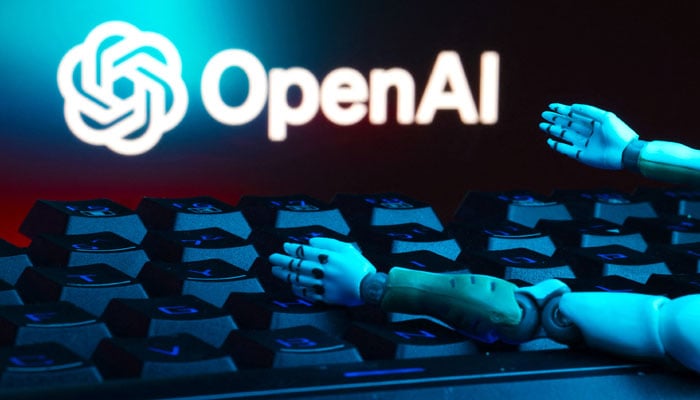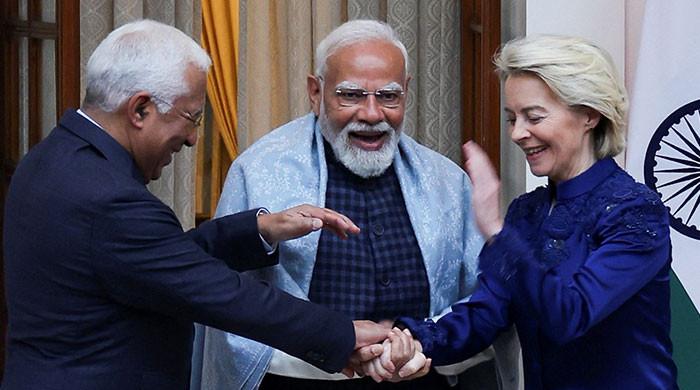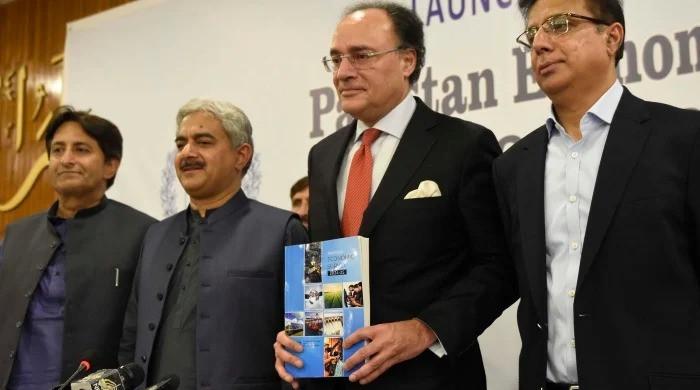OpenAI drops controversial plan to become a for-profit company
OpenAI introduced "capped-profit" model in 2019 to allow some return on investment
May 06, 2025

OpenAI has officially scrapped its controversial plan to restructure as a for-profit company, reaffirming its original nonprofit model, CEO Sam Altman announced on Monday.
The decision comes after months of internal debate, investor pressure, and external criticism from AI safety advocates and high-profile figures, including co-founder Elon Musk.
OpenAI, known for creating the chatbot ChatGPT, has faced growing tension between its mission to develop safe, broadly beneficial artificial intelligence and the need to attract massive investment.
"We decided for the nonprofit to stay in control after hearing from civic leaders and having discussions with the offices of the Attorneys General of California and Delaware," Altman wrote in an email to staff shared on OpenAI's website.
Founded in 2015 as a nonprofit, OpenAI introduced a "capped-profit" model in 2019 to allow some return on investment while keeping mission-driven oversight.
A proposal last year to fully convert into a public benefit corporation (PBC) drew backlash from those warning it could compromise safety and ethics for financial gain.
The transition would have required regulatory approval from California and Delaware, the states where OpenAI is based and registered.
That approval, combined with public and legal scrutiny — including a lawsuit from Musk — added complexity to the process.
Under the revised plan, OpenAI's profit-generating division will continue to operate under the nonprofit’s control but with more flexibility to raise funds and grow.
"We believe this sets us up to continue to make rapid, safe progress and to put great AI in the hands of everyone," Altman said.
OpenAI has been a central player in the AI boom, propelled into the global spotlight after the launch of ChatGPT in 2022.
The company survived a leadership crisis in late 2023 when Altman was briefly removed by the board before being reinstated.











